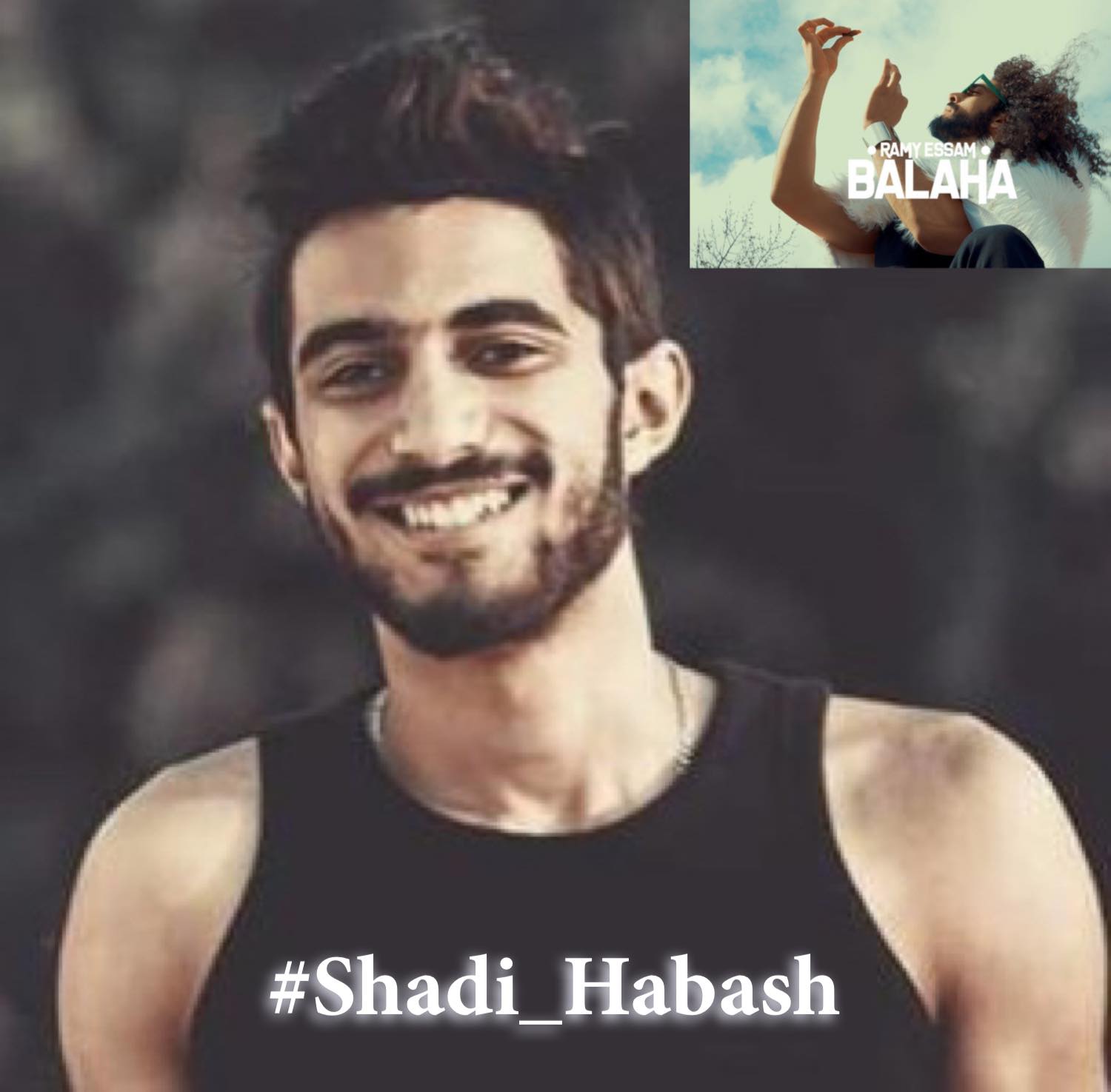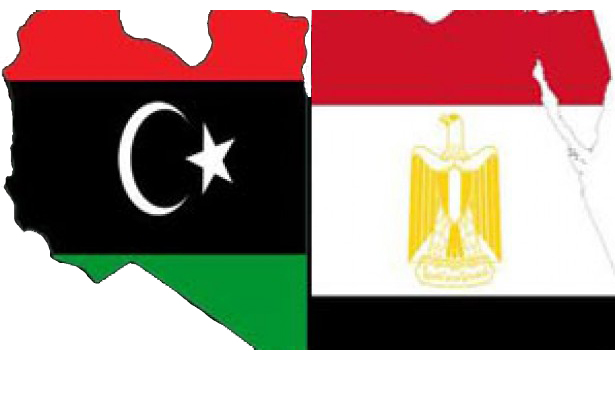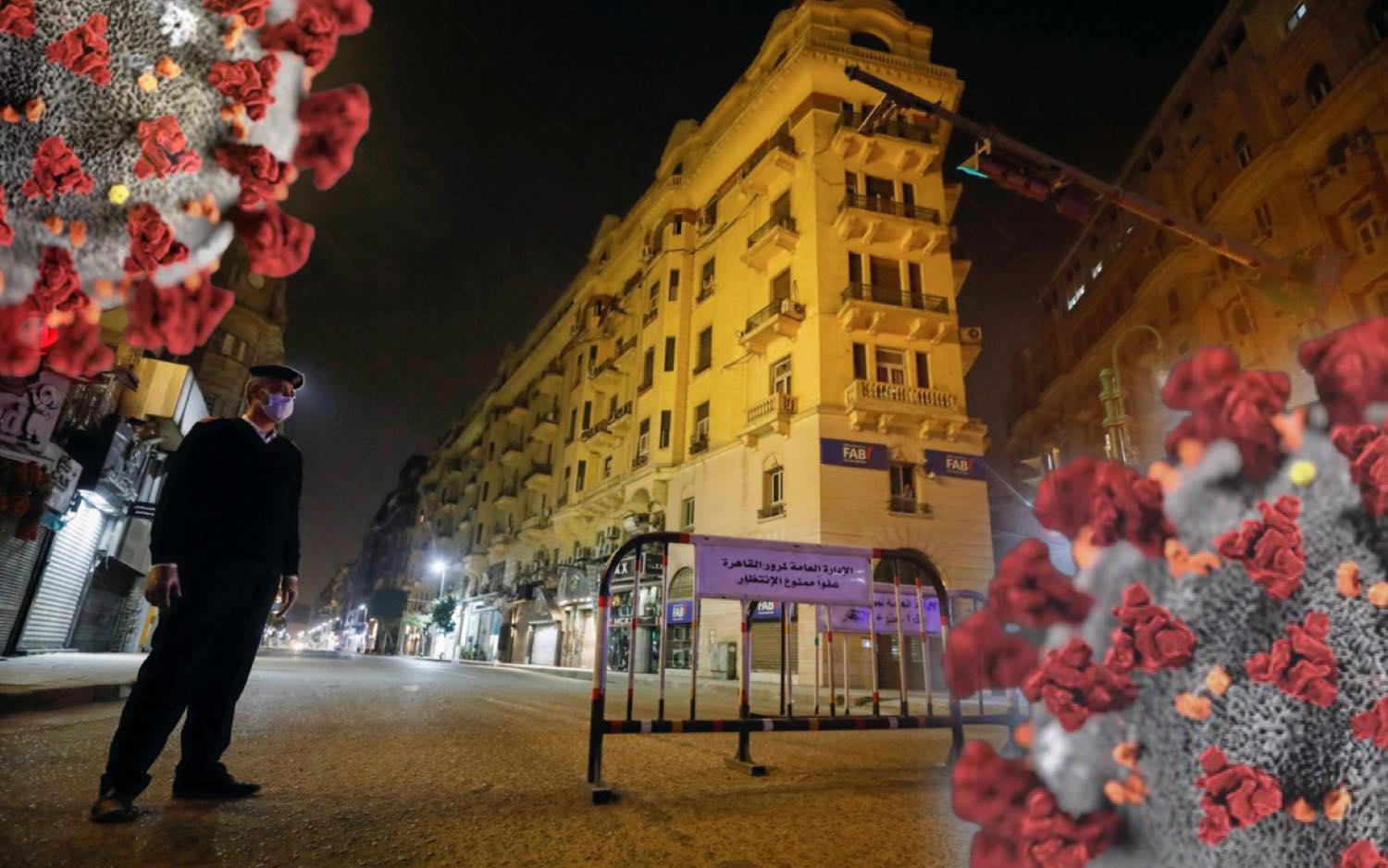The Egyptian artist and photographer Shadi Habash died in Tora prison, more than two years after his arrest, due to his participation in preparing a satirical political song. Shadi’s friends confirmed that he had died after his health had deteriorated sharply in the recent period, noting that “his colleagues in the cell had called and shouted to rescue him but did not receive a response from the prison administration.”
Lama Habash, sister of the deceased photographer, said that his funeral was held on Saturday afternoon, and Shadi has been buried in the family graves east of Cairo, and the family did not mention the reasons and circumstances of Habash’s death, or whether he had a previous medical history.
The Egyptian regime did not comment on the death and its causes, and ignored the accusations of medical negligence, violating human rights and breaking the law. Egyptian lawyer, human rights defender, Tariq Hussein, said that Shadi Habash was imprisoned for two years without trial. He added that the Egyptian regime did not release Shadi, although he had completed the maximum period of pre-trial detention (2 years) that the law stipulated.
Hussein spoke about what he described as losing hope by many young people to feel freedom again because of Egypt’s prisons where dreams are being killed. Shadi was arrested when he was about 22 years old, and despite his young age, he cooperated with well-known artists such as the Algerian Souad Massi and the Egyptian Rami Essam. Shadi won the title of “Underground” Photographer in 2014, after winning the highest rating on the Underground Sarkasem Society Facebook page, one of the most important digital platforms to support alternative art.
In March 2018, Shadi co-directed a satirical political song performed by singer Ramy Essam residing outside Egypt. The song criticizes Egyptian General Abdel-Fattah al-Sisi and calls into question the viability of his economic policies and projects. Since that date, Shadi and Mustafa Jamal, a social networking expert responsible for the singer Rami Essam’s page, have been arrested. Shadi and Jamal remained in custody on charges of “joining a terrorist group and spreading false news, misuse of social media, contempt of religion, and insulting the military.”
Last October, Habash sent a letter from his prison to the outside world, which he began by saying that he had tried to resist long … but he could no longer, and in that letter demanded to save him quickly. After the news of his death, bloggers reissued the text of the message extensively on social media. Habash’s family has not been able to visit him since March 10, due to the precautionary measures to counter the outbreak of the Coronavirus, according to what his lawyer, Ahmed Khawaja, told Agence France-Presse. Khawaja said, “Shadi was ill several days ago and entered the hospital, and his mother knew about this, but he returned to his cell one day before his death.”
Shadi’s death shed light again on the situation of freedoms in Egypt and renewed calls for the release of political detainees. Under the hashtag of #Shadi_Habash, Egyptian activists mourned the young photographer and held the authorities fully responsible for his death. Activists denounced what he called “the government’s insistence on pursuing artists just for expressing their opinions and criticizing the regime,” adding that this shows the falsehood of the statements of its officials that their priorities are only to fight terrorism, not oppressing the opponents.
Human rights defenders called for the speedy release of Shadi’s colleagues and all those accused in political cases to save their lives. In recent weeks, voices urging the Egyptian authorities to emulate what happened in other countries have increased in the release of prisoners of conscience and those held in pretrial detention, to alleviate the accumulation of cells and reduce the possibility of the spread of Coronavirus infection. Activists published information they said it “reflects a deliberate disregard by Egyptian prison administrations for calls to protect detainees or provide them with the necessary medical supplies.”
Defenders of the regime of General Abdel-Fattah al-Sisi said that the state has the right to hold accountable all those who insult its symbols. But sympathizers with Shady say that the government is applying double standards when it comes to artistic freedom, while it celebrates artists who produce works that glorify the Egyptian regime and insult the opposition, it arrests opponents. Human Rights Defenders say that it is not logical to keep a young man in prison without a court for two years, and let him die in the cell without medical care, just because of a song.





Recent Comments